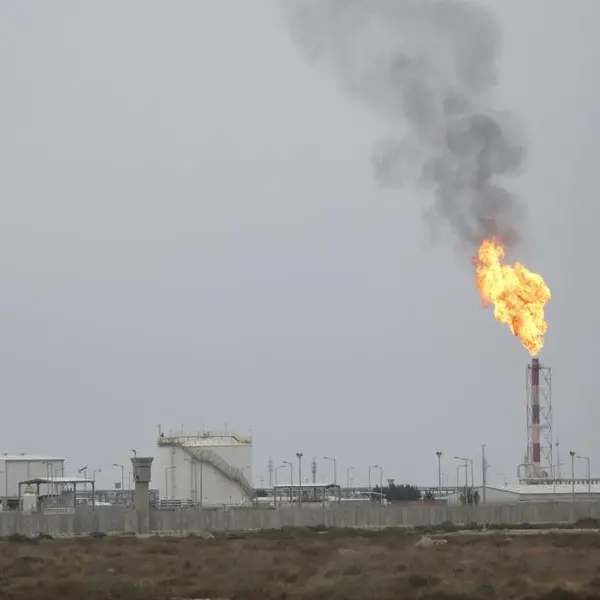PHOTO
(John Kemp is a Reuters market analyst. The views expressed are his own)
LONDON- Hedge funds liquidated more of their bullish petroleum positions as concerns about the health of the global economy and oil usage outweighed European and Middle Eastern supply disruptions.
But selling in the most recent week was notably lighter than in the three previous, suggesting at least some managers think prices have pulled back enough for the time being.
Positions were reported at the close on May 21, before oil prices slumped on May 23 amid fears about the economic impact of a prolonged trade conflict between China and the United States.
Hedge funds and other money managers cut their combined net long position in the six most important petroleum futures and options contracts by 4 million barrels, exchange and regulatory data showed.
Portfolio managers have now reduced their net long position by a total of 64 million barrels over the last four weeks, after raising it by 609 million barrels over the previous 15 weeks.
Funds trimmed total long positions by 14 million barrels, but in a sign the liquidation cycle was expected to slow, also cut short positions by 10 million (https://tmsnrt.rs/2I7yblE).
Liquidation was again concentrated in crude and U.S. gasoline while funds bought U.S. heating oil and European gasoil, probably anticipating an IMO-driven consumption rise.
Fund managers sold 13 million barrels of NYMEX and ICE WTI, 4 million barrels of Brent, and 5 million barrels of gasoline, but purchased 6 million barrels of heating oil and 12 million barrels of gasoil.
Middle distillates such as heating oil and gasoil are normally the most exposed to the economic cycle since their use is concentrated in freight, manufacturing, mining, and oil and gas production, as well as farming.
But the prospective increase in consumption as a result of new marine fuel regulations at the end of the year is likely supporting interest from fund managers despite the deteriorating economic outlook.
Overall, fund managers are still bullish on the outlook for oil prices, though that optimism has been dented by the stream of worse-than-expected economic indicators in recent weeks.
Supply disruptions stemming from U.S. sanctions on Venezuela and Iran, as well as interruption of Russia’s exports because of pipeline contamination, have helped underpin prices.
But there is some evidence fund managers are starting to rotate positions defensively towards parts of the petroleum complex that have guaranteed demand irrespective of the economy as a result of changing fuel regulations.
From a fundamental perspective, the price outlook remains precariously balanced between a bullish supply side picture and a bearish consumption scenario.
Positioning risks are still concentrated on the downside, however, with hedge fund long positions outnumbering shorts by 7:1 in crude, 31:1 in gasoline and 4:1 in distillates, which could generate a sharp pull back in prices if the economy does deteriorate as much as some analysts fear.
(Editing by Alexander Smith)





















